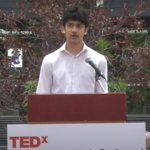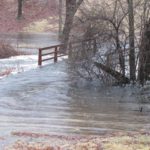
By Aditya Jain As a high school intern with State Representative David Rogers’ office in the summer of 2020, I learned about the legislative process through Massachusetts Bill S9, the Climate Roadmap bill, which was signed into law in March 2021. During the summer of 2021, I researched equity in Massachusetts clean energy policies, interviewing experts in Massachusetts policies on clean energy access, technology, and workforce trends. What is Environmental Justice? The United States Environmental Protection Agency (EPA) defines environmental justice as the “fair treatment and meaningful involvement of all people regardless of race, color, national origin, or income, [READ MORE]





